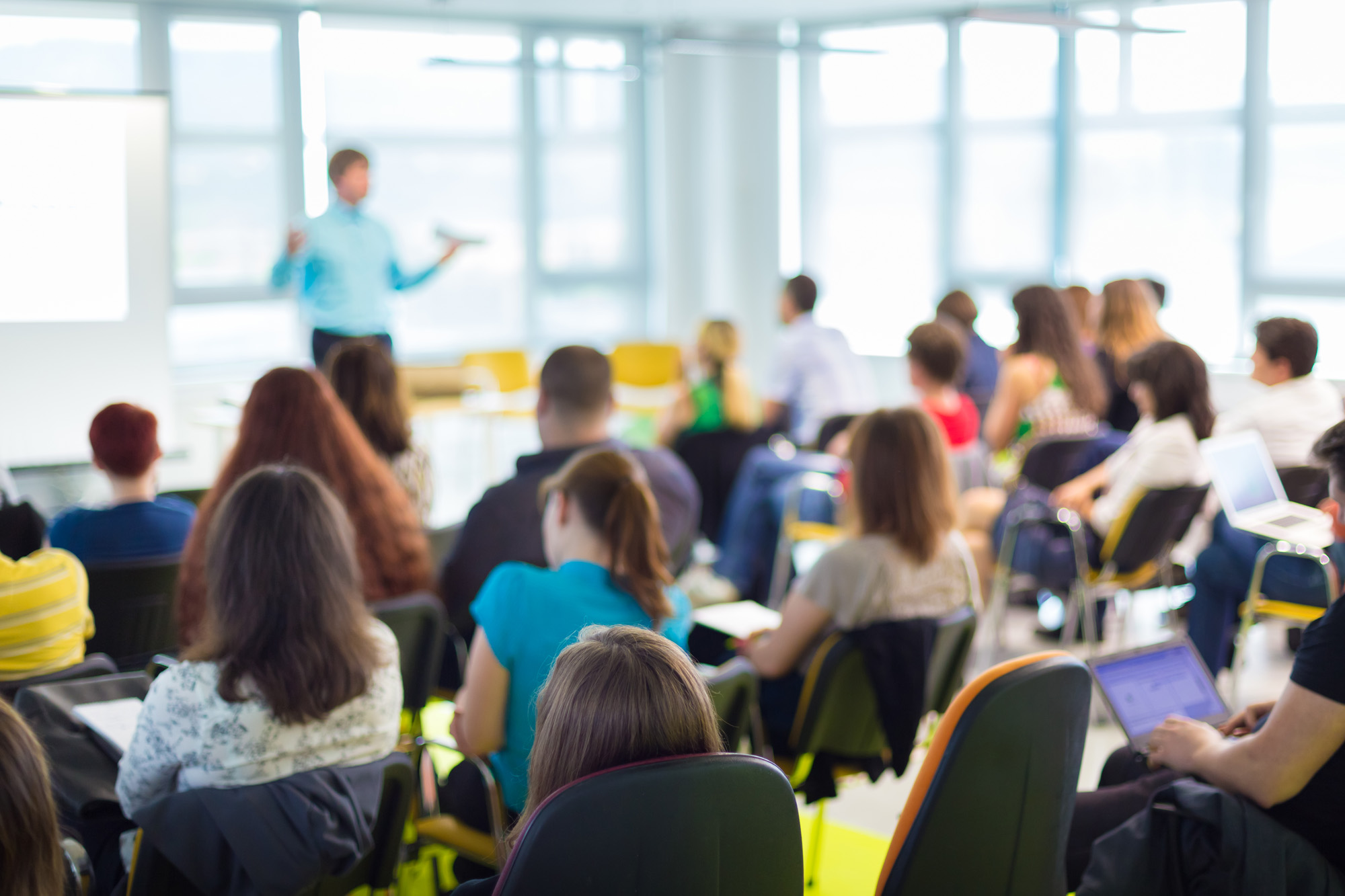The ‘Raising the Achievement of All Learners in Inclusive Education’ International Conference was held as an official event of Malta’s Presidency of the Council of the European Union (EU) in April. At the conference, the project learning communities (Istituto Comprensivo Antonio Rosmini and Istituto Tecnico Agrario Emilio Sereni (Italy), Group of Schools in Łajski (Poland) and Calderglen High School (United Kingdom–Scotland) presented the work that they had undertaken during the project between 2015 and 2017.
The videos shown at the conference during the learning community presentations are now available on the Agency YouTube channel and include examples of the following:
- creating an inclusive ethos and positive attitudes towards all learners, in particular those with disabilities and using music to increase participation (Poland);
- curriculum development and work related learning, increasing collaboration with parents and community, changing school organisation and leadership and increasing the capacity of the workforce through collaboration and professional development (Italy);
- supporting teachers to meet learner needs, increasing parental involvement, using curriculum flexibility to increase learner engagement and developing a growth mindset in learners and staff (UK–Scotland).
These videos show just a snapshot of the work that was undertaken by the learning communities. More information about the lessons learned from their experiences will be available in further project outputs over the coming months. These will include:
- an overview of the project that summarises project methodology and outcomes, together with information about member countries’ approaches to raising learner achievement. This document will make recommendations for both school and policy levels.
- practical guidance for teachers and school leaders with examples from the project. This guidance will also link to the videos available on You Tube referred to above.
- a self-review document. This document, used by the three learning communities at the start and at the end of the project will be available as an open educational resource.
- a brief for policy makers regarding priorities arising from the project.
For more information about this project, visit the project web area.
